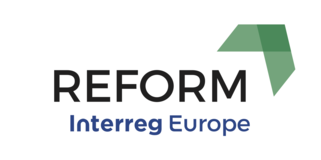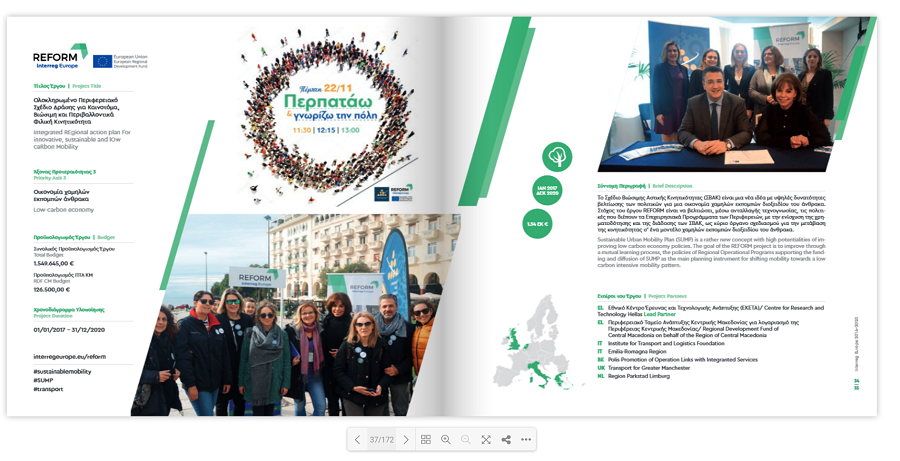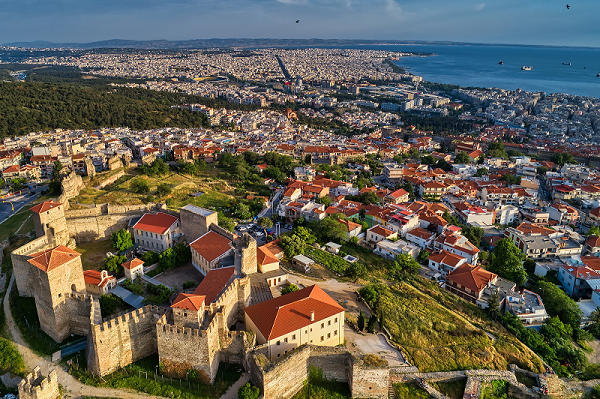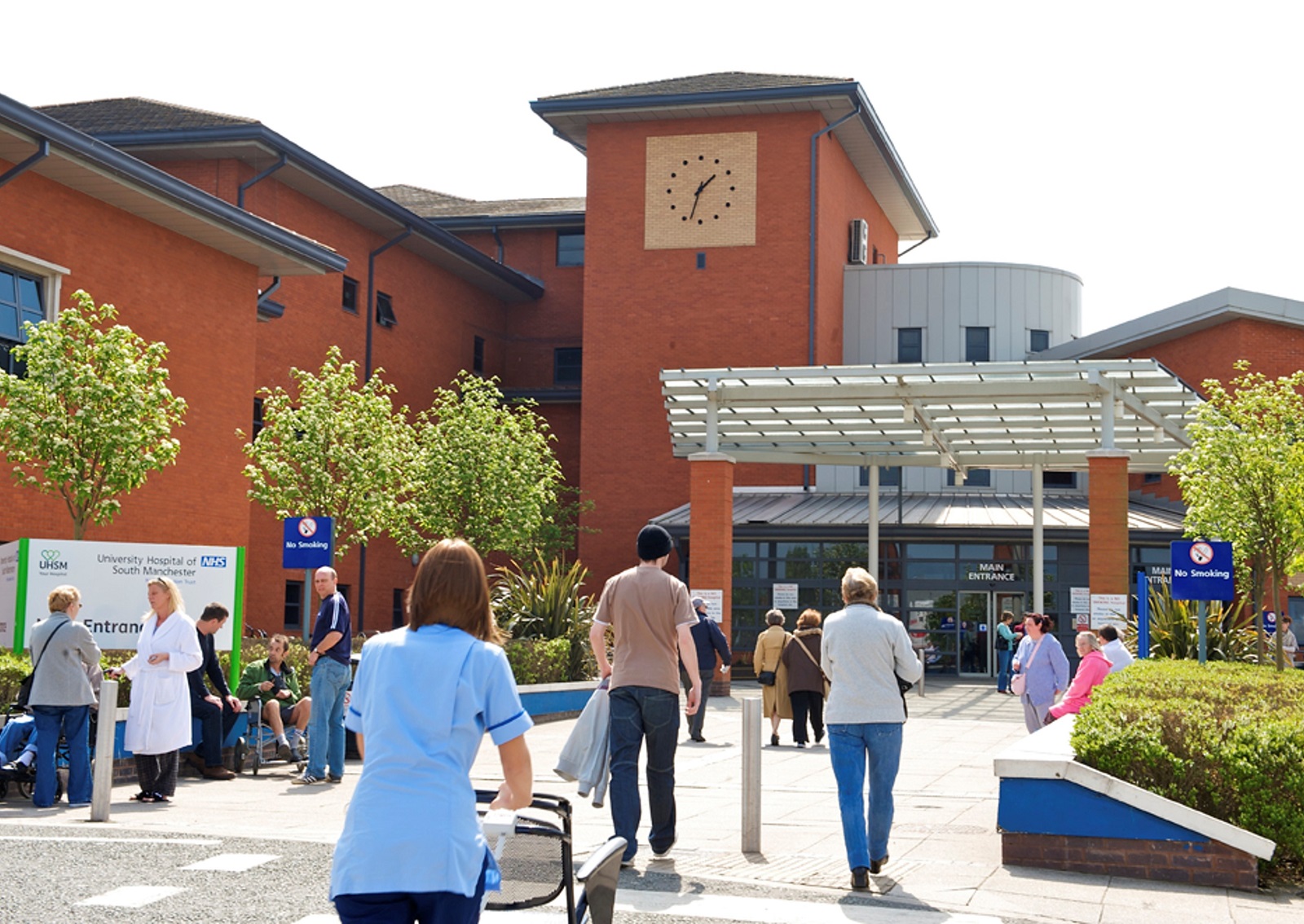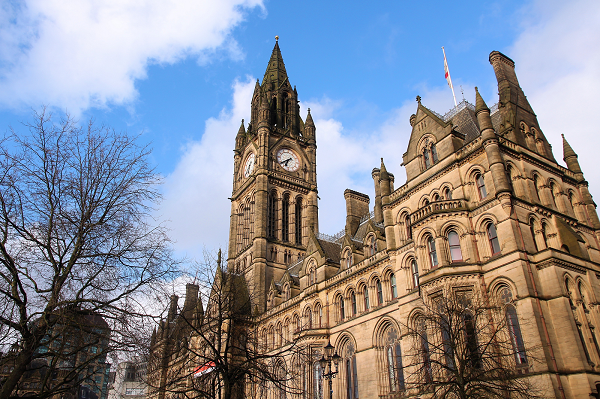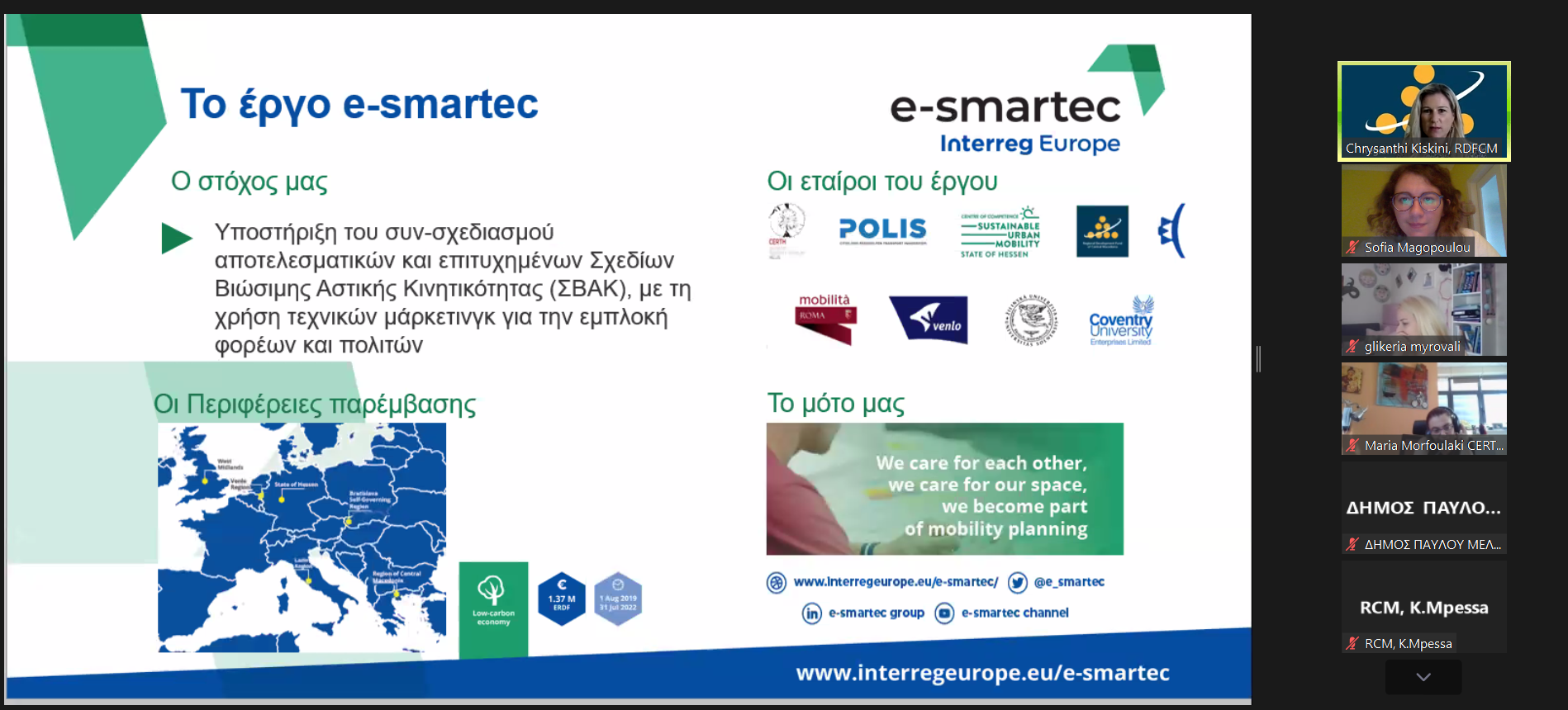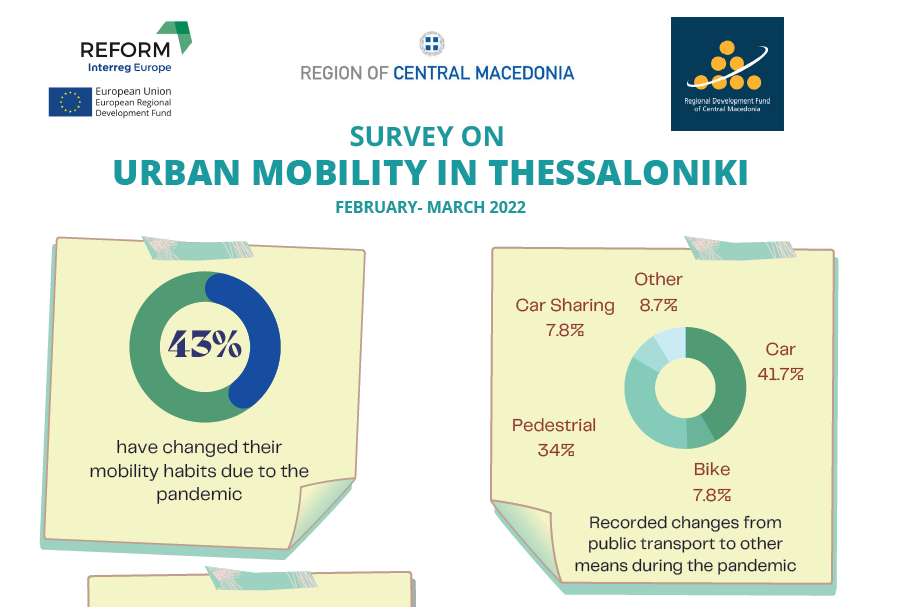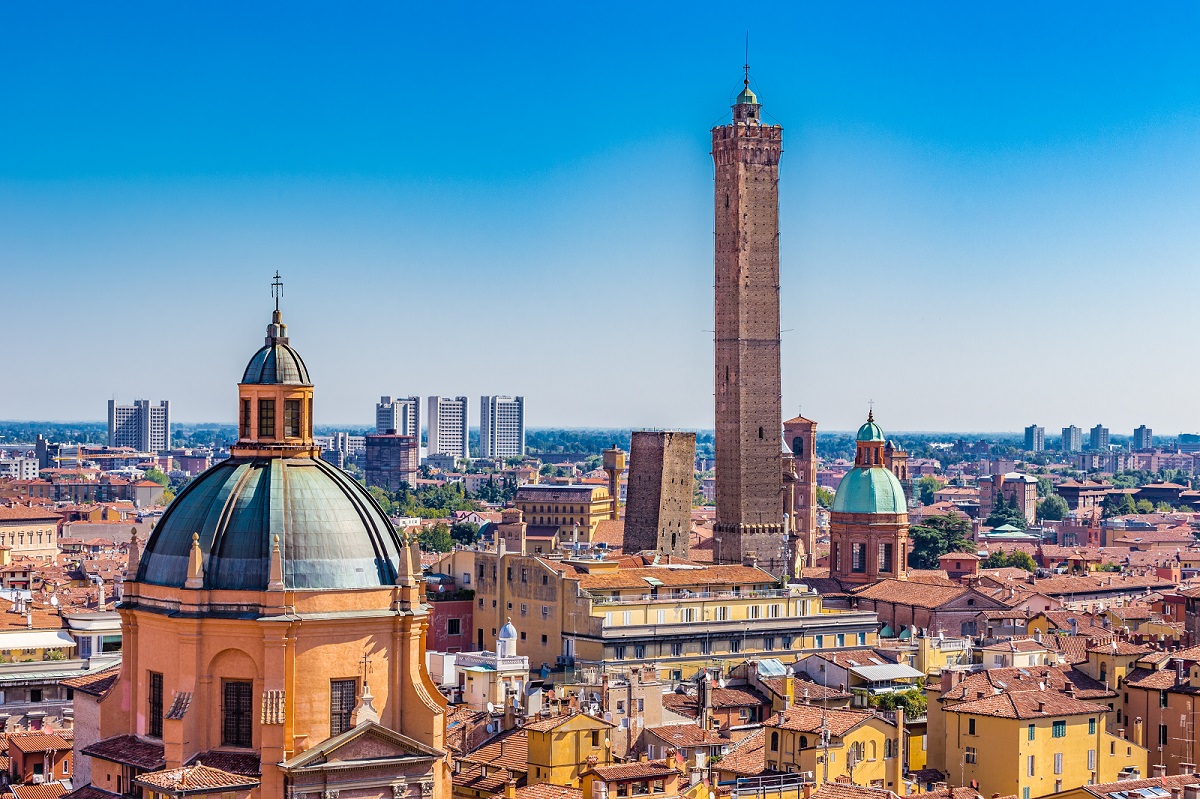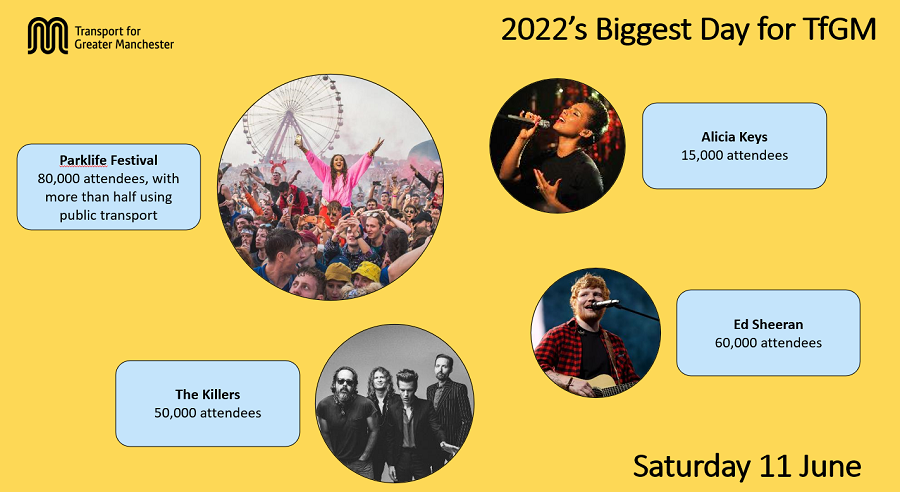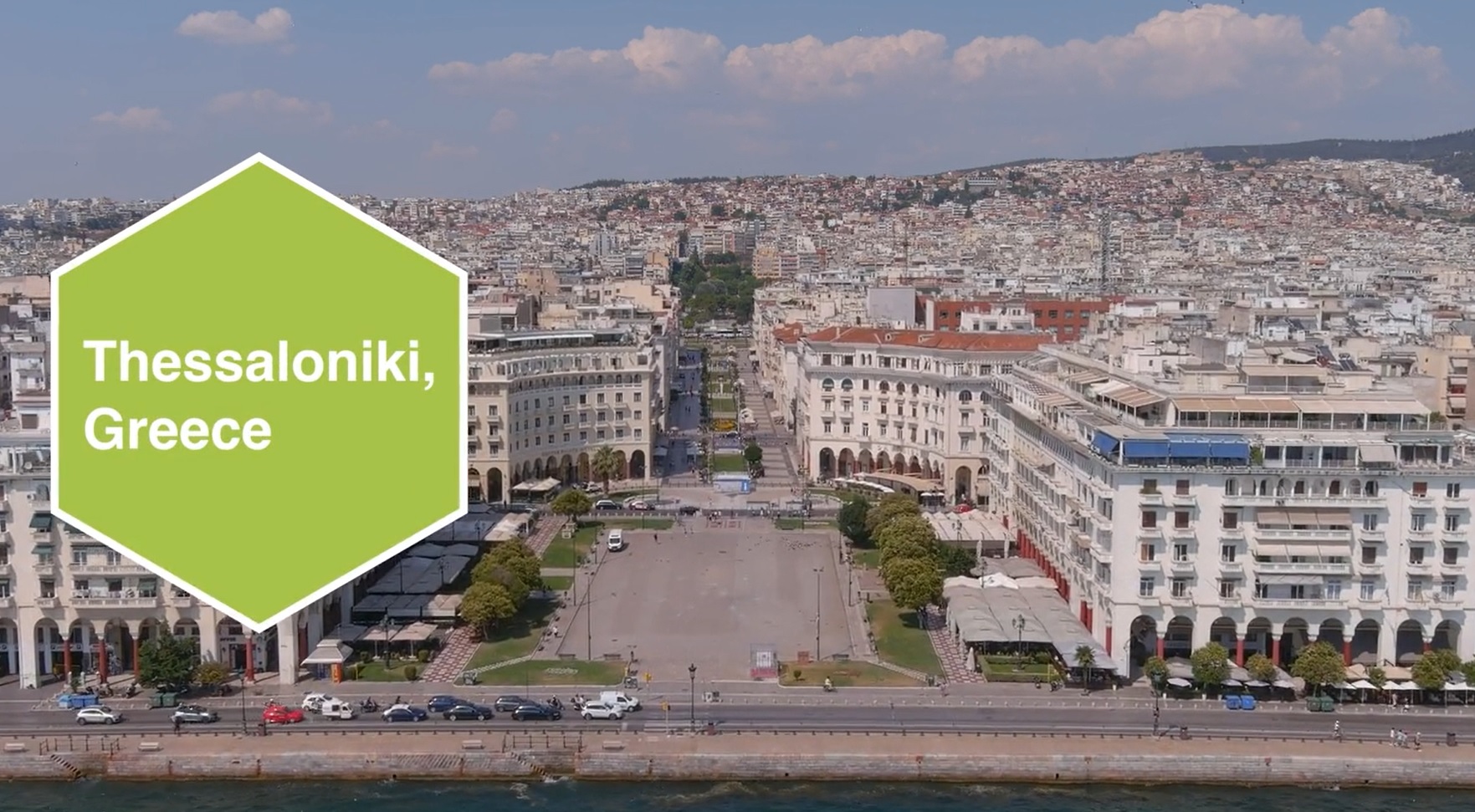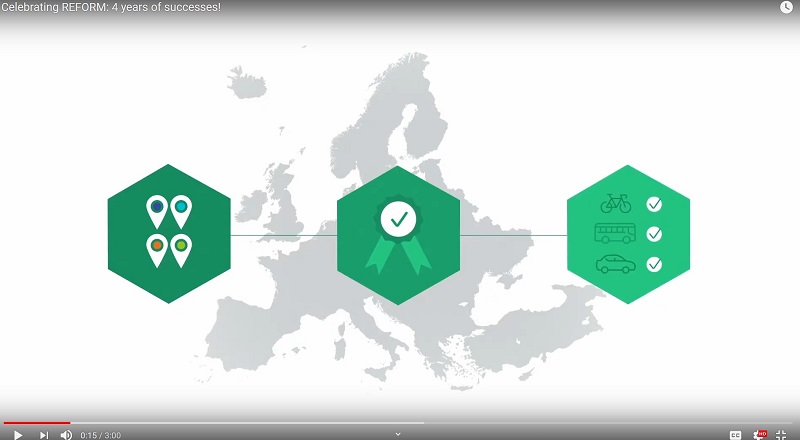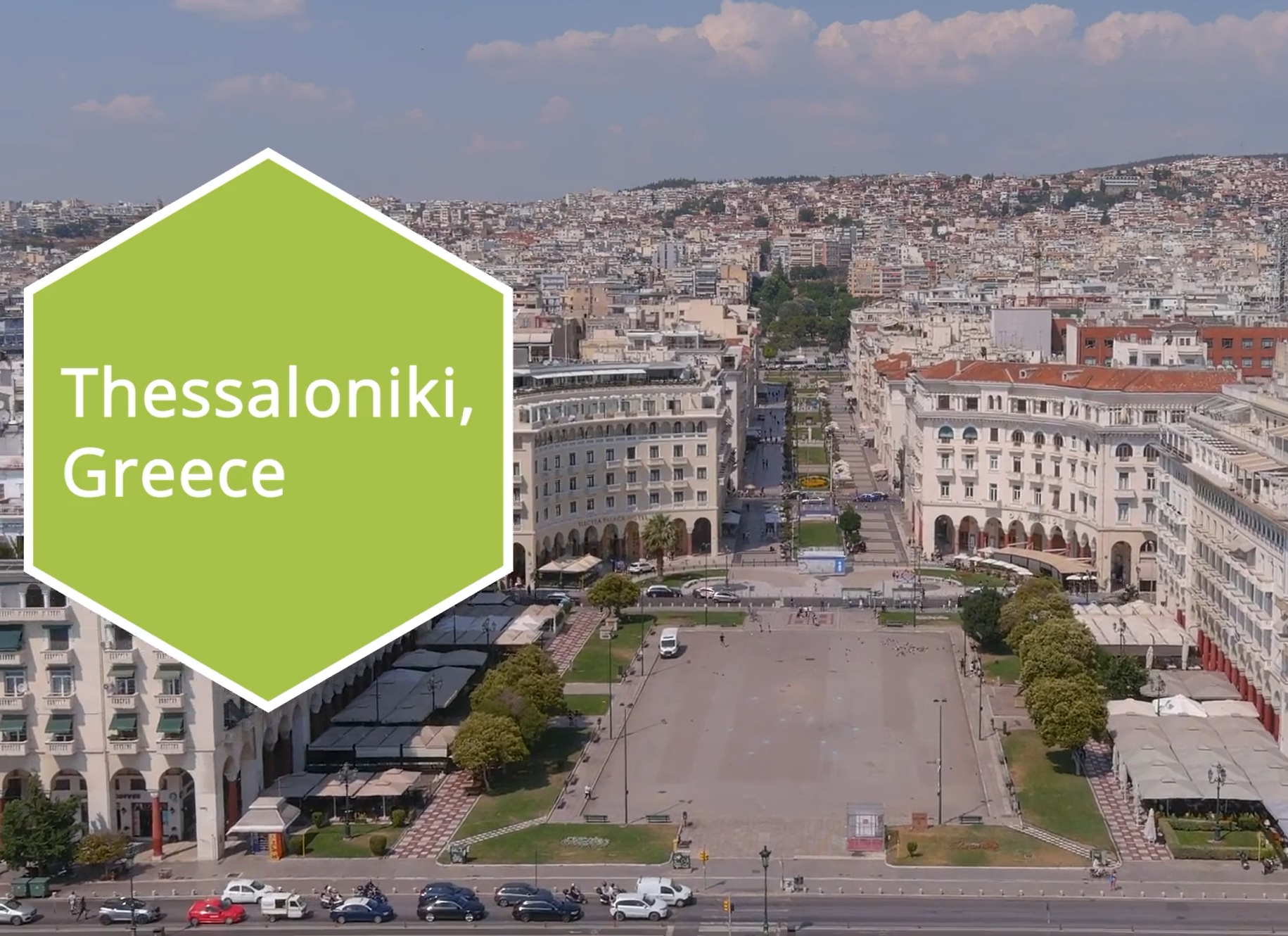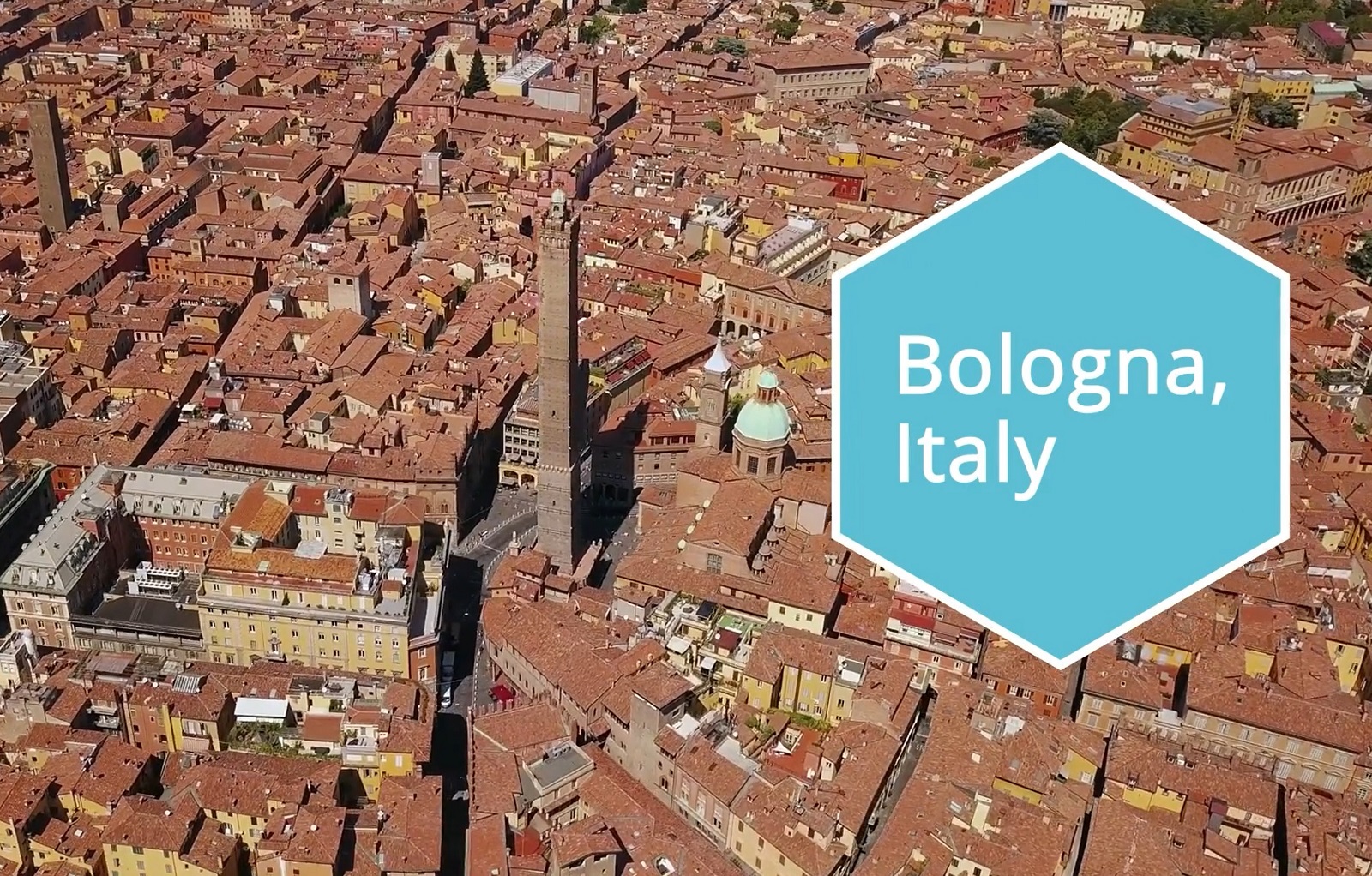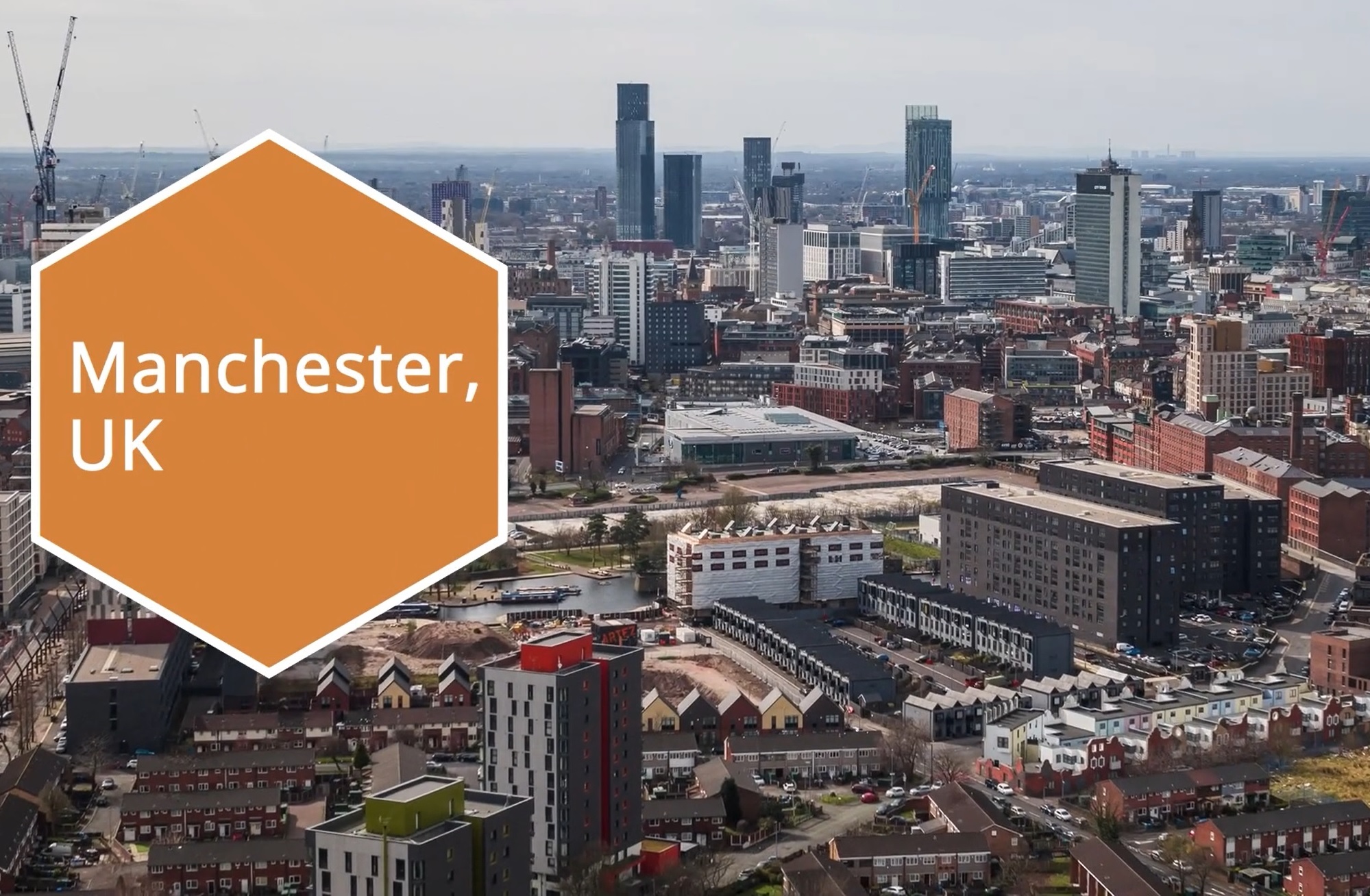This article is part of a series of best practices from the regions of Greater Manchester, Emilia Romagna and Central Macedonia, that showcase solutions to promote public transport, urban development and post-pandemic sustainable urban mobility and highlights the achievements and ingenuity of the stakeholders and administrations of these three regions. The aim of these updates is to inspire local practitioners to facilitate the post-COVID-19 recovery.
Manchester, home to some of the worlds most famous football clubs and one of the economic centres of the United Kingdom, had to endure some hardships to emerge from the global COVID-19 pandemic. After the lockdowns and several restrictions, fear of infection slowed down the post-pandemic use of public transport. Thus, it had negative impacts on the overall traffic levels of the second-largest metropolitan area in the UK, as more people used their private car. ‘Transport for Greater Manchester’ decided to foster solutions that promote of and regain trust in public transport. These efforts resulted in two best practices from the REFORM project partners; providing travel information to customers and staff that want to reach the Manchester hospitals, as well as travel demand management for larger events, such as football games, in the Greater Manchester area.
Public transport information fostered demand-responsive transport for hospital trips in Manchester
Even during the most severe weeks of the global pandemic during which most of socio-economic and leisure activities stood still, nurses and doctors still needed to work hard to save lives at the local hospitals. Since public transport supply was reduced, hospital employees were struggling to reach their workplace. Avoiding overcrowded buses and planning trips was essential for the staff, thus TfGM created a solution that provides access to traffic information and options to book demand-responsive transport to reach vaccination clinics and hospitals.
Two Customer Information Managers worked on this project for four weeks in total to set up the work programme and deliver the outcomes. The project then just needs minor alterations when certain data sets changed or if there were further changes to the public transport operation.
The results were very positive, thus the customer base was extended to more users, as the solution was integrated into several websites to reach a significantly larger user group. Overall, more than 500.000 citizens to vaccination clinics demonstrating there is an opportunity to enable sustainable travel and grow demand sustainably without the need and use for a private car. Thus, the evidence of success is an increase of demand responsive transport, that grew from 2% to 11% during April 2020 and July 2020.
Thanks to TfGM, football fans are coming home sustainably
As previously mentioned, Manchester is one of the football capitals of England and Europe. Furthermore, the city is home to several large concert and events venues, such as the Manchester Arena with 21.000 seats. Once some of the COVID-19 restrictions were lifted and fans and attendees could return to the venues, the preferred mode of transport is the private car. According to TfGM, these events were great testing opportunities if it is already possible to restore confidence in public transport, also in view with the long-term targets to significantly increase PT use by 2040.
Many citizens still attend big events by private car – This is causing severe congestion, air pollution, and stopping people moving in Greater Manchester. It became apparent that confidence in public transport had dropped due to COVID-19 safety concerns – this was also a challenge to restore confidence for high profile event trips – but also in order to increase confidence in the longer term in order to reach the targets set in the 2040 strategy. Thus, the transport provider launched dedicated shuttle-bus services to and from the football stadium. Together with an accompanying information advert campaign, which had more than 130.000 online impressions, led to a behavioural change. More than 1000 sports fans opted for a sustainable mode of transportation during a recent football game.
One conclusion of TfGM was that the information campaign should start well in advance before the football matches, as the information campaign was only launched just days before the game. The transport operator concluded that seven or more days should have a significantly higher impact. Overall, TfGM concluded that ‘a successful Travel Demand Management plan can be incorporated in other Regions if there is the ability to collate data, manage networks, create capacity, influence behaviour change, engage and influence stakeholders’.
